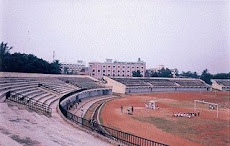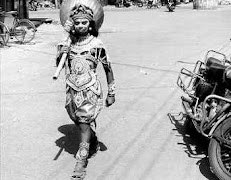 BERHAMPUR: Sporadic mating of Olive Ridleys is being seen in the sea near Rushikulya rookery near Berhampur city in Ganjam district. Usually mass mating of Olive Ridley turtles is reported from this coast during the month of December. The local marine fishermen say they have started noticing mating of these rare turtles slightly early this year. The Berhampur Divisional Forest Officer (DFO), A. K. Jena said the mass mating of Olive Ridleys is yet to be seen but there have been reports of sporadic mating of Olive Ridleys in sea at a distance of beyond 10 kilometres from the sea coast.
BERHAMPUR: Sporadic mating of Olive Ridleys is being seen in the sea near Rushikulya rookery near Berhampur city in Ganjam district. Usually mass mating of Olive Ridley turtles is reported from this coast during the month of December. The local marine fishermen say they have started noticing mating of these rare turtles slightly early this year. The Berhampur Divisional Forest Officer (DFO), A. K. Jena said the mass mating of Olive Ridleys is yet to be seen but there have been reports of sporadic mating of Olive Ridleys in sea at a distance of beyond 10 kilometres from the sea coast.It may be noted that the State government bans fishing in this area from beginning of November till the return of hatched baby turtles into the sea from this coast. The mass nesting of Olive Ridleys occur on the Rushikulya rookery coast in February.
The wild life experts say sporadic mating of Olive Ridleys occurs throughout the year. Therefore sporadic nesting of these turtles is also reported at times other than the mass nesting period. Few Olive Ridleys come over to Rushikulya river mouth near Berhampur city to lay eggs throughout the year barring the summer and monsoon months, when the beaches are not conducive for laying eggs.
Female Olive Ridleys after copulation can store sperms without fertilisation inside their body up to three years. When they find conducive climate on the onset of winter they fertilise their ovum with the stored sperms to lay the eggs.
There has also been a speculation that some recent sporadic mating of Olive Ridleys may related to some of these turtles who may have preferred to stay back near the Orissa coast during past year rather than the migratory groups that visit this coast for mating and nesting. No study has been made yet to ascertain this speculation.
Source: The Hindu

















.jpg)


















































No comments:
Post a Comment